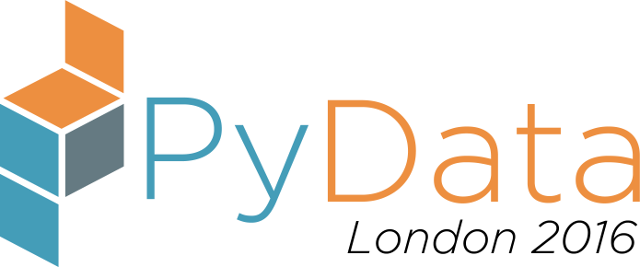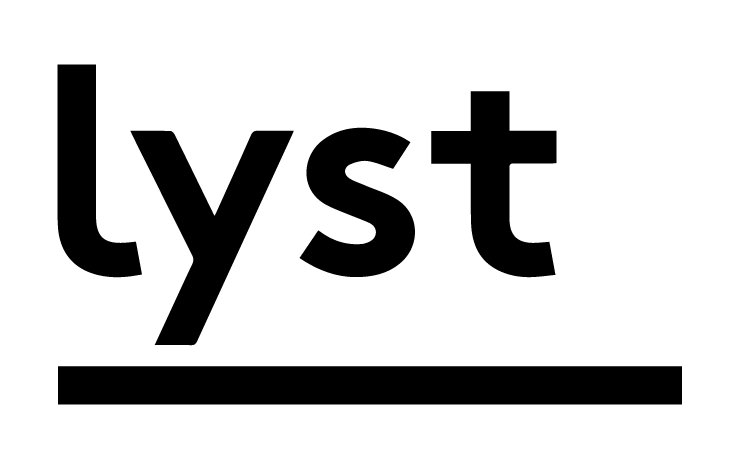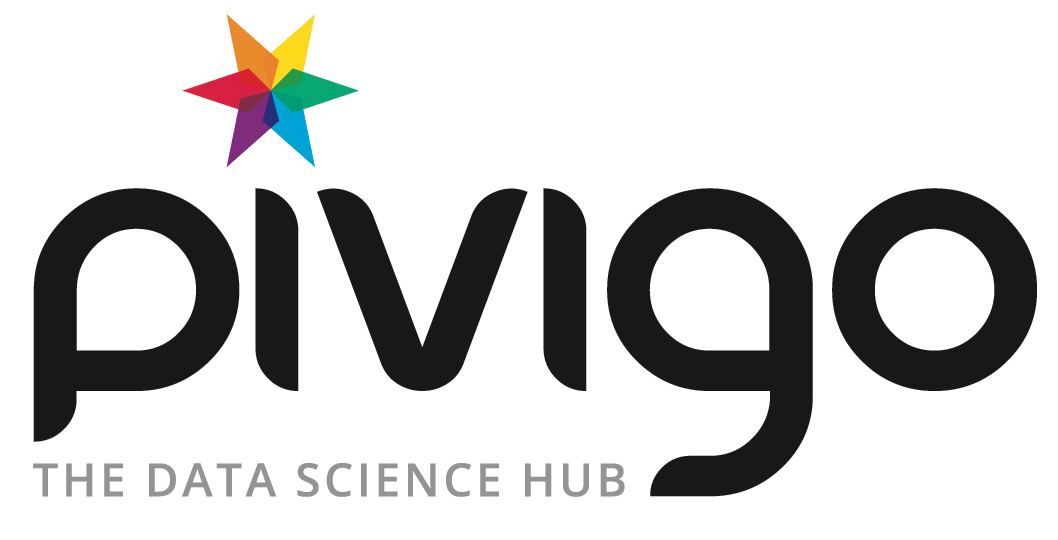Saturday 16:15–17:00 in LG6
Cat modelling with python
John Gill
- Audience level:
- Novice
Description
A brief history of use of python within the Bermuda based reinsurance industry.
A tale of matplotlib, reportlab, numpy, ipython, jupyter and more.
Current challenges and opportunities and an oasis on the horizon.
Abstract
A brief history of cat modelling
A personal journey modelling natural catastrophes following developments in the python community.
Using python in this environment was only possible due to some magical tools created within the community.
Reinsurance and natural catastrophes
A quick introduction to the subject.
Event driven development
The insurance industry is full of inertia. The main driver of change are the large events that impact the industry:
- hurricanes
- floods
- earthquakes
- terror
Whenever there is an event, such as an earthquake, hurrricane or terror the industry gains new perspective.
Events have driven new developments in models and technology.
The year of the four hurricanes.
2004: Charley, Frances, Jeanne and Ivan.
Four hurricanes in one year hitting Florida.
Plotting for fun and profit
Matplotlib and the tale of the stacked bar chart.
Data, data everywhere.
Numpy, pytables, pandas, Scipy, scikit-learn.
Earthquakes in Christchurch
Three earthquakes in quick succession in the same place.
Black box models
No separation of hazard, vulnerability and financial models.
The present
Python helped detect gravitational waves from a billion years away but is it ready for the enterprise?
Cyber
Cybernetics:
the science of communications and automatic control systems in both machines and living things.
So cyber is not so much about technology as feedback loops and control.
Cyber risk is receiving a lot of attention in the insurance industry.
Infomation insecurity is resulting in leakage of information, often with significant financial impact to the organisations affected.
Cyber has the potential to be a systematic driver of losses across many lines of business.
It is a changing peril, with some similaritie to terror: it is precisely the attacks we have not considered that succeed.
Oasis
Open loss model framework: http://www.oasislmf.org/
Separation of hazard, vulnerability and financial models.
Support for niche models, allowing new science to be integrated with models in a more timely manner.
Uses outside of the insurance industry. Strategic planning and emergency management. Understanding implications of climate change.
The future
Climate change.
Data analysis challenges.
- finding the data
- new tools, full time job keeping up
Expert teams:
a team working well together can be many times more effective than any individual in that team.
The world is full of specialists with incredible skills and knowledge. When specialists from different disciplines come together the creative sparks fly.








